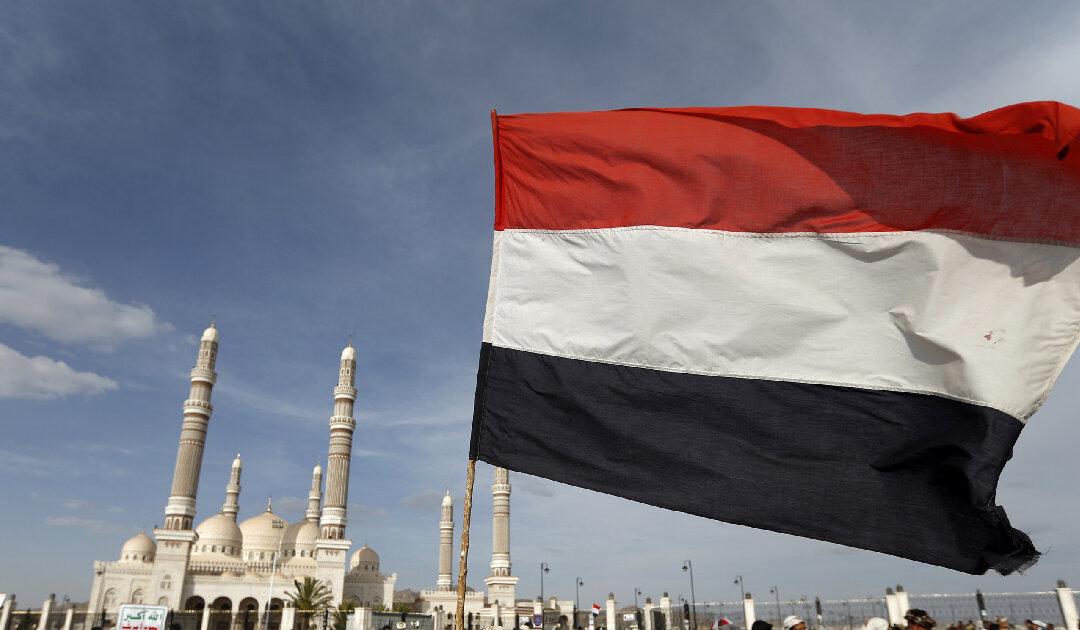Yemen’s president has called on the military to stay alert following a missile attack that reportedly killed dozens of soldiers over the weekend.
President Abd-Rabbu Mansour Hadi blamed the attack in Marib on the Houthi rebels, a militia group that is said to be backed by Iran. The move “confirms without doubt that the Houthis have no desire for peace,” he said in a statement via state media, Reuters reported Sunday. The Houthis have not confirmed that they were behind the incident.





